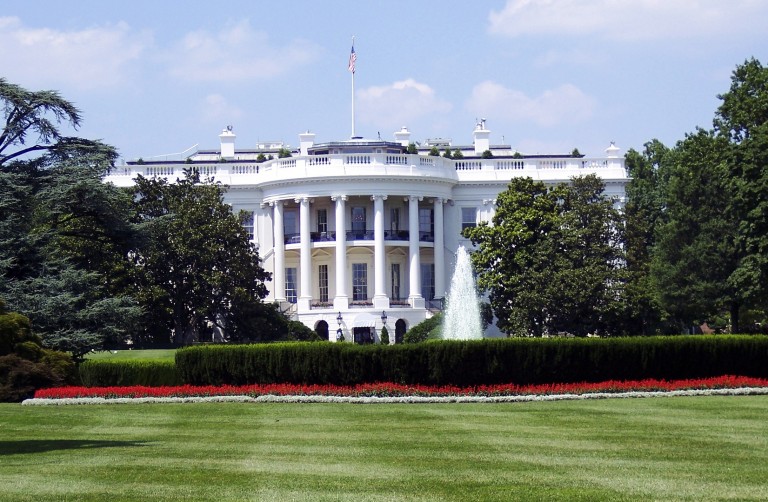The use of detention in the context of removal proceedings is on the rise. According to the Center for American Progress, the Department of Homeland Security (DHS) detains 400,000 individuals annually. With the increase of immigrant detention has come an increase in the use of private prisons. In 2005, 25% of immigrants in custody were housed in private prisons. Today, private prisons house a staggering 62% of immigrant detainees. By comparison, the use of private prisons for federal and state prisoners grew only 1.4% over the same time period.
The use of private prisons to house detainees has come under increasing scrutiny by human rights advocates, including the American Civil Liberties Union (ACLU), as reports of physical abuse, sexual assault, lack of medical care, inadequate food, unsanitary conditions and detainee suicides come to light. Since private prisons operate with little oversight from the federal government, the use of these facilities to house civil immigration detainees is particularly egregious.
The increase in immigrant detention also has dramatic impacts on the rates of deportation from the United States. The Executive Office of Immigration Review (EOIR) recently released a statement touting that the “rule of law” had returned under the Trump administration, as the number of removal orders has seen a marked increase from the prior year. The EOIR specifically noted that an increase in the staffing of Immigration Judges at detention centers along the southern U.S.-Mexico border has played a significant role in these numbers, with 90% of those cases resulting in orders of removal.
According to the American Immigration Council, 14% of detained immigrants were represented by attorneys, compared with two-thirds of non-detained immigrants. Represented immigrants in detention who had a custody hearing were four times more likely to be released from detention (44% with counsel versus 11% without counsel). Represented immigrants were twice as likely to obtain relief (49% with counsel versus 23% without counsel). These statistics reveal that detained immigrants who do not have access to counsel are almost certain to be deported from the United States.
By focusing additional resources on detained immigrants, the administration is ensuring the quick deportation of a large number of individuals who would have much greater chances of succeeding with their cases if they were released and had access to counsel. The deprivation of human rights and due process is now sadly touted as the “rule of law.”
SGG attorneys are currently focusing their pro bono hours on representing two detained immigrants with their cases at the Court of Appeals for the Ninth Circuit. These immigrants have mental health conditions and have been detained by immigration for more than three years. We are arguing that due process requires the appointment of qualified representatives to assist in their defense before the Immigration Courts.

